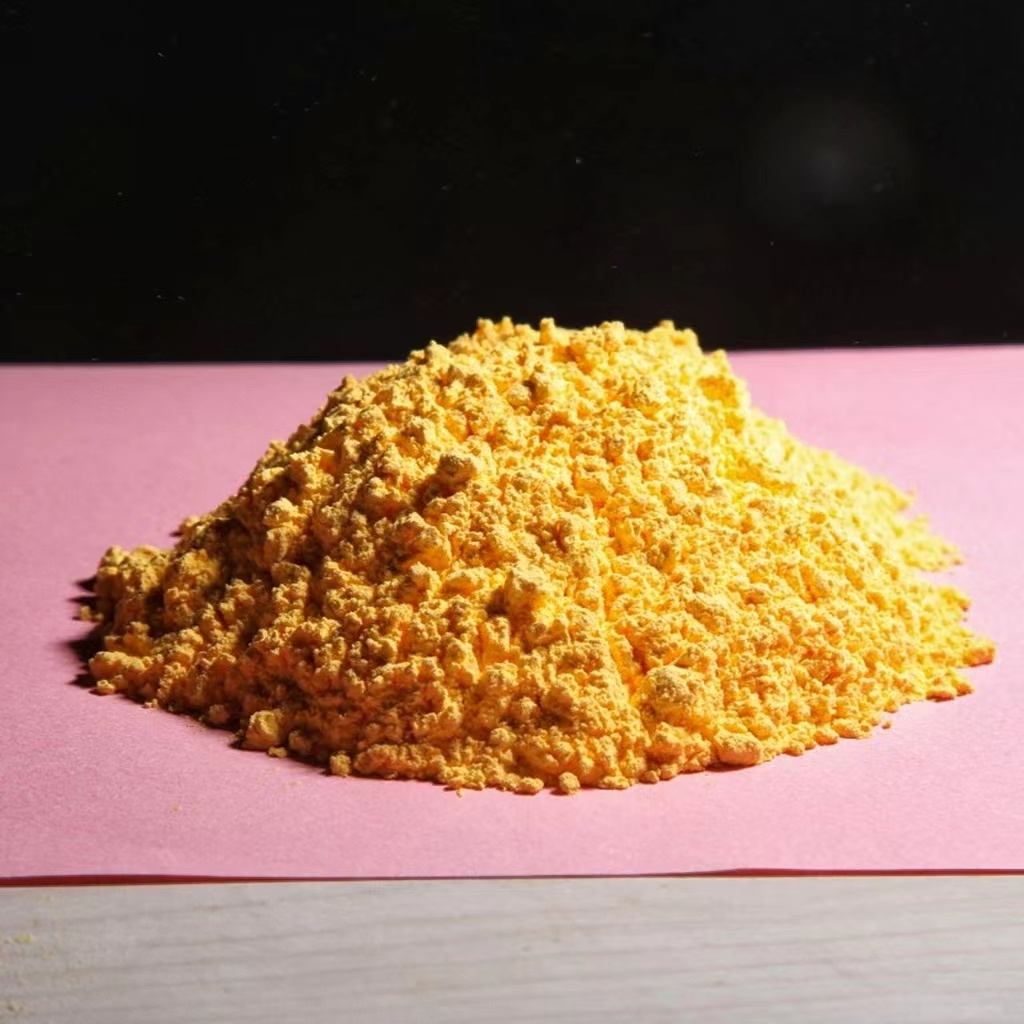
Products
Calcium zinc stabilizer for PVC SPC WPC board
Product Details
The calcium-zinc stabilizer for PVC/WPC/SPC board is white powder, dust-free and absolutely environmentally friendly. Soluble in toluene, ethanol and other solvents, insoluble in water, decomposed by strong acid.
It is mainly used for PVC WPC SPC products with high color requirements. It has excellent lubricity and primary color, and solves the problem of yellowing of products due to poor primary color during the production process. Comply with ROHS2.0 requirements
Technical indicators
| Product | Form | Dosage |
| SNS-3358 | Powder | 5.0-8.0 |
Features
Enviroment-friendly, no harmful heavy metal, meet the ROHS and REACH standard by SGS test.
Foaming stable, ensure boards of difffferent foaming level can be produced smoothly
Good coloring at the beginning, improve product color brilliance and fifirmness.
Excellent weather ability , fifine stability and excellent stability in the long term.
Good lubrication balance and fuction of processing.
Excellent melting and plasticizing with PVC, enhance the melt strength.
Good uniform plastifification and high speed mobility, enhance the product physical and mechanical properties.
Applications
PVC advertising board, cabinet board, ecological wood (cedar)
Packaging and storage
25kg/bag PP woven outer bag lined with PE inner bag
The product is stored in a ventilated, dry warehouse
What Should Be Paid Attention To When Using Calcium And Zinc Stabilizer
Due to its unique advantages, calcium and zinc stabilizer is widely used in the production process of a variety of commodities, but in the use of it must follow the use of precautions, about its precautions we follow hang long experts to fully understand.
Precautions for use of calcium and zinc stabilizer
1. The PH value of the working solution of calcium and zinc stabilizer should be kept within the range of 6-9. If it is beyond this range, the active ingredients will precipitate into particles and the appearance and texture will decline. Therefore, keep the working environment clean and prevent acidic or alkaline components from entering the working fluid.
2. Water bath must be used to heat the working fluid. Higher temperature can help the effective ingredients penetrate into the coating and increase the texture. In order to prevent the decomposition of the working fluid, the heating rod should not be placed directly in the working fluid.
3, if the working fluid turbidity or precipitation is because of low PH. At this time, the sediment can be filtered out, with the help of ammonia water to adjust the PH value to about 8, and then with the help of n-butanol dissolve the active ingredients, add an appropriate amount of pure water can be recycled. However, after repeated use, the appearance and texture of the product will decline. If the texture requirements cannot be met, a new working fluid needs to be replaced.













